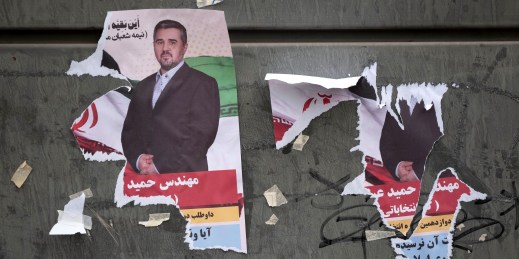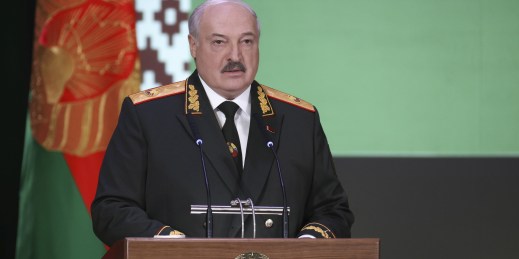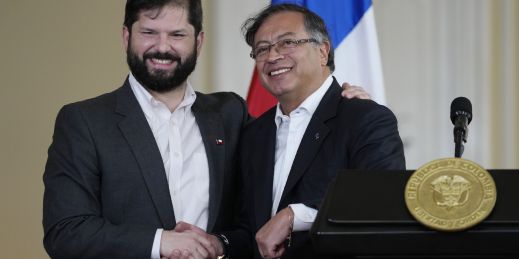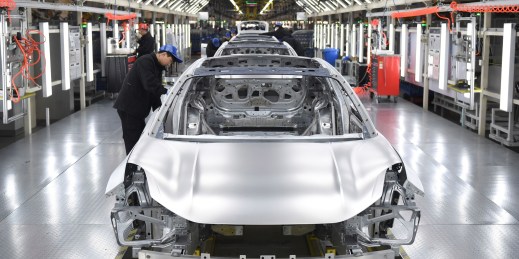
On March 1, Iran held parliamentary elections that, as expected, were neither free nor fair. And yet, despite the ballot being an exercise that was entirely devoid of democratic legitimacy, the event and the results were far from meaningless. Iranians managed to make their voices heard, loudly rejecting the status quo.



